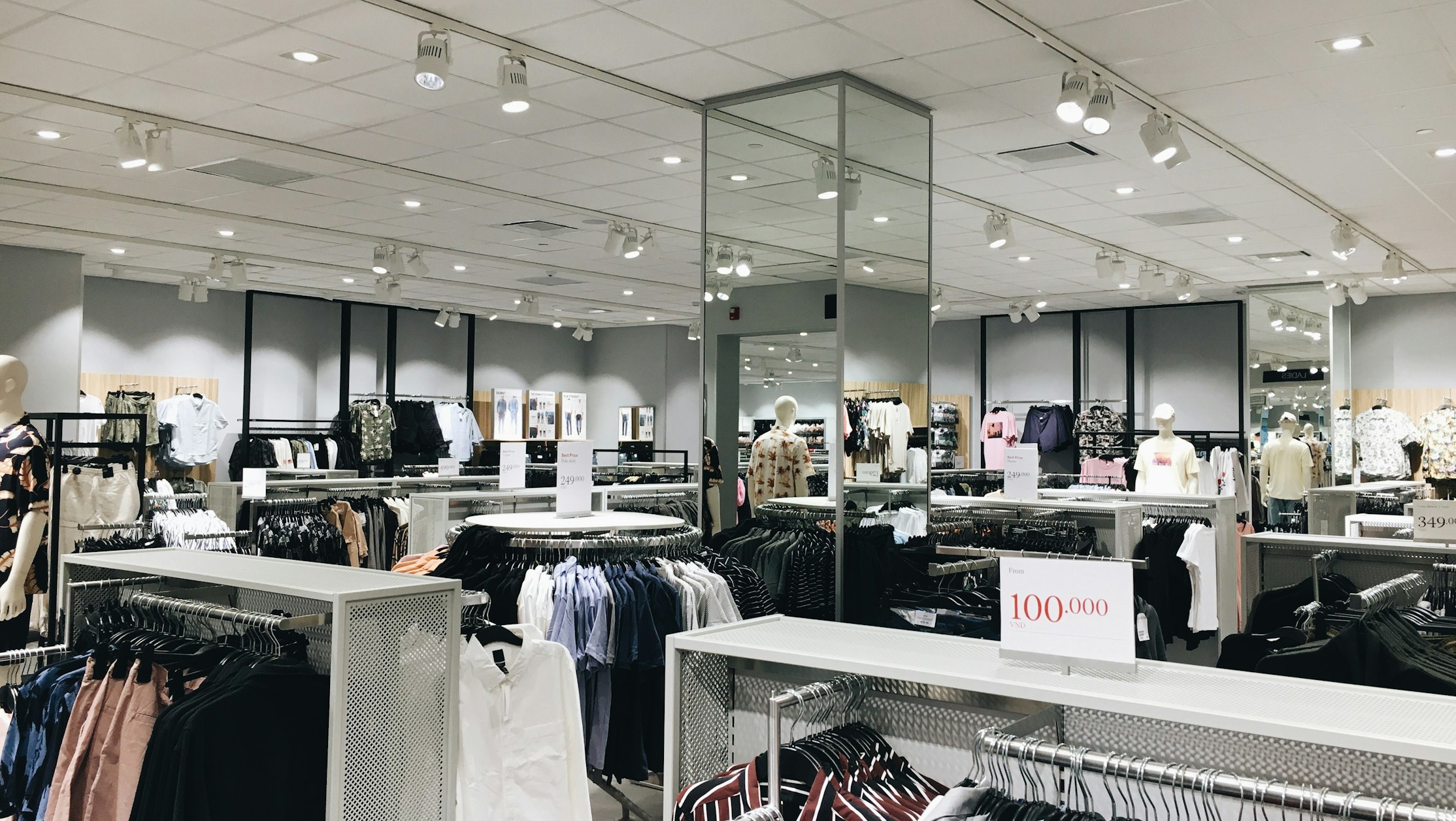According to a by the European Environment Agency (EEA), water consumption and the use of primary raw materials in the clothing, footwear and textiles sector represent the fourth highest consumption category in the EU. This same product group causes the second highest pressure on land use (after food), and also a considerable amount of chemical and water pollution, including plastic microfibers released through washing, as well as various negative social impacts.
The report also shows that the production of clothing, footwear and textiles for Europeans caused approximately 654 kg of CO2 equivalent emissions per capita in the EU, making the sector the fifth largest source of CO2 emissions related to private consumption. Hence, fashion brands will have to get involved in the collection of used clothes in their shops, they will not be allowed to throw away surplus and will have to create consortiums to manage their waste.
According to the EAS, circular business models in the textile sector should be scaled up with the support of policies that address materials and design, production and distribution, use and reuse, collection and recycling.
This may include measures such as sustainable production and product policies, eco-design and durability standards, green public procurement, safe and sustainable materials, waste prevention and extended producer responsibility, and labelling and standards.
Changes in Clothing Stores
The European Commission presented the Strategy for Sustainable and Circular Textiles last year as part of a package to make sustainable products the norm in the EU. The main objective is to establish a framework and lines of action for the transition of the textile sector by 2030.
As a result companies are already adapting. Mango, for example, has set up textile collection bins in all its shops and sends what it receives to Koopera, an example that other brands - such as El Corte Inglés - are also following, and which will be mandatory by 2025. Meanwhile, Primark encourages its customers to donate unwanted clothes at its own premises, and aims to have all its clothes made from recycled materials "or more sustainably sourced" by 2030.
What's more, seven major brands - Decathlon, H&M, Ikea, Inditex, Kiabi, Mango and Tendam - have also just created the Association for the Management of Textile Waste, an entity that in 2025 will have to manage its waste according to the polluter pays principle. It’s similar to that of Ecoembes, which brings together packaging manufacturers to collect their own waste. Other fashion companies will have to join this association or create separate ones.
The Circular Economy
As outlined in the strategy, the circular economy is one of the main focuses of the European Union for the coming years. Let's take a look at the main actions that will be carried out in this respect:
Production
Actions will be identified along the whole value chain, inspired by the Sustainable Products Initiative to improve their design, more sustainable production processes, including secondary raw materials and avoiding hazardous chemicals.
Lifestyles
More sustainable lifestyles will be supported, for example by encouraging "product as a service" (PaaS), which is basically offering a service in areas where a product has traditionally been sold. In addition, the EU Ecolabel will be promoted, seeking synergies with the New Consumer Agenda or the Bauhaus initiative.
Waste Management
Producers should promote sustainable products and have responsibility for waste management. They are expected to be legally obliged to sort their waste separately by 2025.

